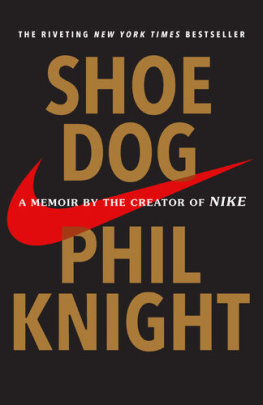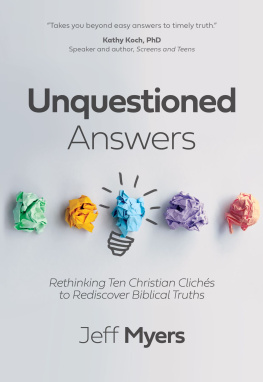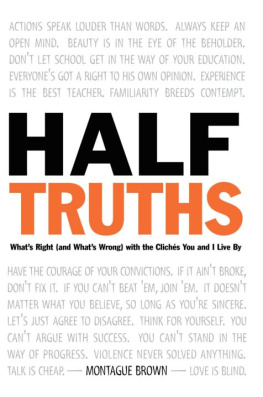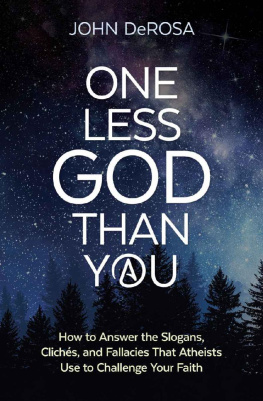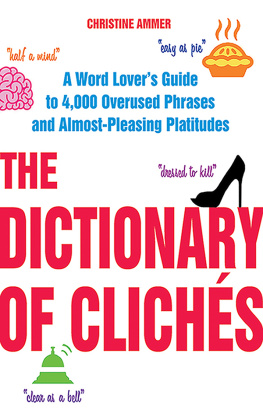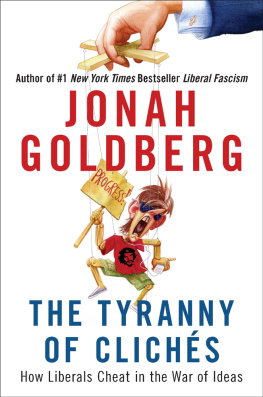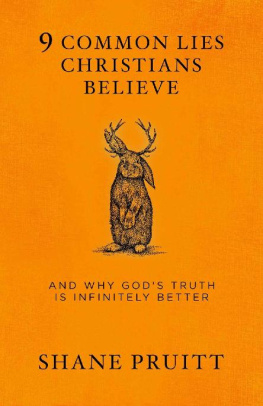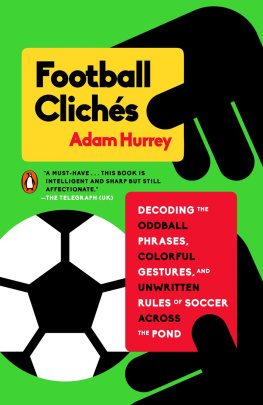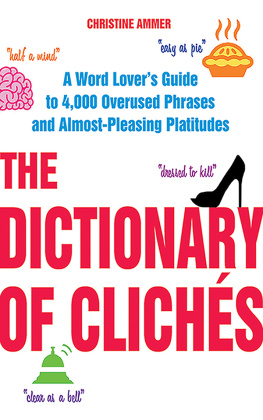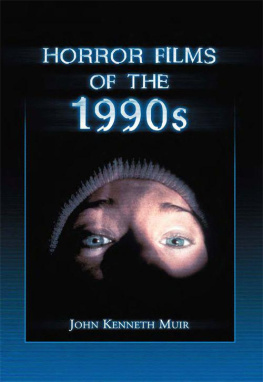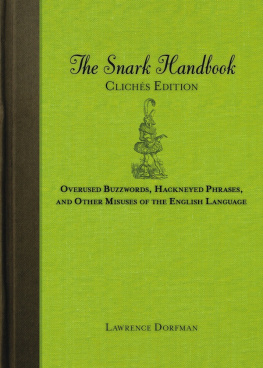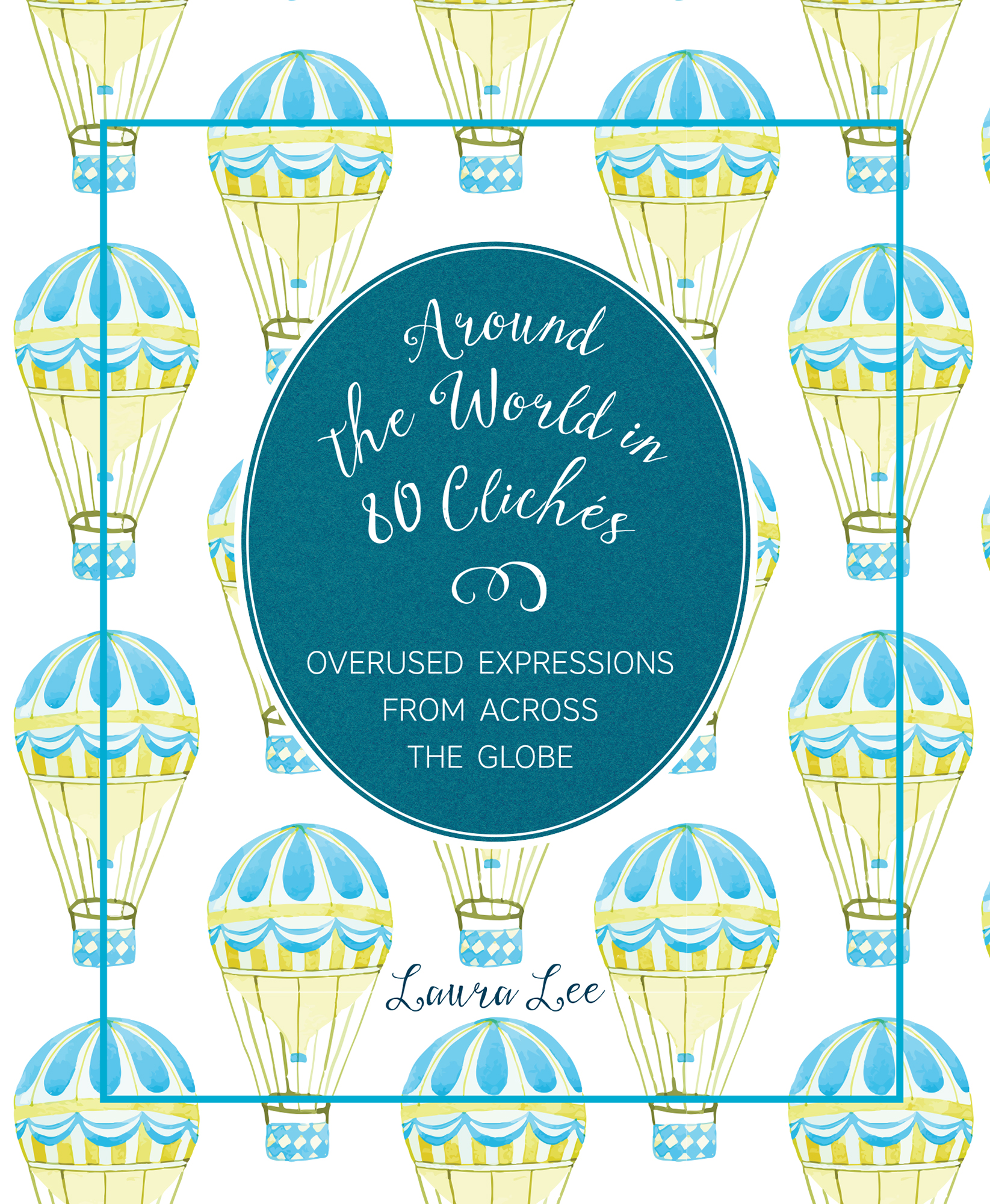
For their help, dedicated to: Yulia Shevchenko (Russian), Kathy Hamilton (Turkish), and Daniel Austin, author of Madagascar: The Bradt Travel Guide (Malagasy).

2016 Tandem Books, Inc.
First published in the United States of America in 2016 by
Wellfleet Press, a member of
Quarto Publishing Group USA Inc.
142 West 36th Street, 4th Floor
New York, New York 10018
www.quartoknows.com
All rights reserved. No part of this book may be reproduced in any form without written permission of the copyright owners. All images in this book have been reproduced with the knowledge and prior consent of the artists concerned, and no responsibility is accepted by producer, publisher, or printer for any infringement of copyright or otherwise, arising from the contents of this publication. Every effort has been made to ensure that credits accurately comply with information supplied. We apologize for any inaccuracies that may have occurred and will resolve inaccurate or missing information in a subsequent reprinting of the book.
Digital edition: 978-1-57715-152-4
Hardcover edition: 978-1-57715-134-0
Cover Design and Page Layout: Ashley Printe, Tandem Books
Editor: Katherine Furman, Tandem Books
Page Border Illustration: swiejko / Creative market
Cover Balloon Illustration: runLenarun / Shutterstock
Around the World in 80 Clichs

OVERUSED EXPRESSIONS FROM ACROSS THE GLOBE
- Laura Lee

Contents
Guide
INTRODUCTION
Clichs get a bad rap.
At their most basic level, though, clichs are simply fixed linguistic expressions. Someone comes up with a clever way of saying something, someone else repeats it, and so on and so on, and somewhere down the line it morphs from a clever coinage to a stale, fixed phrase uttered without any hint of original thought. No saying starts out as a clich. It becomes overused only because it is so useful. A commentator once cleverly defined the clich as a previously enjoyed sound bite.
Your high school English teacher probably told you to avoid clichs like the plague. (Your high school teacher had no sense of irony.) Lake Superior State University even publishes an annual list of words and phrases that it believes should be banned because of overuse. Theyve been doing this for four decades. Their list has included such gems as at this point in time, chill out, Ive paid my dues, lets do lunch, level playing field, and what are you into? (They got their wish on that last one.)
Overuse is, of course, in the eye of the beholder. We all have our particular clich pet peeves (mine is using porn as a suffix, as in food porn or ruin porn). We tend to be more bothered by memes and jargon of recent vintage than we are by age-old idioms. Those are so ubiquitous that we hardly notice them at all. (An idiom is essentially a meme that has refused to die.)
Despite the bad rap, I am here to argue that the humble clich deserves to be celebrated. After all, each clich caught on in the first place because it is made up of vivid, pictorial language, uses a clever rhyme scheme, or calls to mind popular literature and music. Clichs can have a fascinating and deep history. When they are unpacked, they often contain entire folktales. And unless you are writing avant-garde poetry, the purpose of speech is not to constantly wow your listener with your originality, but to convey thoughts and ideas. One of the best ways to be understood is to refer to the familiar. It is much more efficient to say someone was born on the wrong side of the tracks than to come up with your own brand-new metaphor each time you want to make the point that someone came into life with disadvantages.
Clichs also have social benefits. It is easier to convey an uncomfortable truth with a well-tested phrase than by stumbling along hoping you come to the right words. Your friend might be bored by your use of the hackneyed phrase a stitch in time saves nine (see p. 145), but less annoyed than she would be if you said, Do the work now or youre going to have big problems down the line, you lazy idiot! You feel less emotionally vulnerable saying, Hang in there than you would if you had to produce your own sentimental aphorism to urge someone through a rough time. For these reasons, there are many more fixed sayings about love, rejection, social snafus, and mistakes than about doing really well, thank you very much.
The word clich comes from the French. (The accent mark is a giveaway.) It once meant stereotype, which, before it was the word for a superficial impression of a person, was a metal cast used in printing. A stereotype produced the same words over and over. So a clich was a phrase that had been duplicated again and again. You could say that clich is, itself, a clich; it is a metaphor that has been used to the point that no one even realizes it is a metaphor. The clichs somewhat inbred cousin the idiom, meanwhile, is related to the word idiot. Both descend from the Greek idios meaning of ones own. The idiot has suffered a terrible fall from grace. He was originally someone who had no interest in public affairs. He kept to himself but was not necessarily stupid. Similarly, an idiom is a phrase that keeps to itself, which is to say, it is generally understood by a particular in-group and references common experiences. Think of the idiom as an in-joke with a really big social circle (all of the speakers of a particular language).
Anne Sheehan, an English professor who studies idioms, says, Idioms are unique, not only in their ability to carry meanings not contained literally in their actual words but also because, through phrases, they convey one whole concept that is entered into ones mental lexicon as a single item or idea. Figurative language makes communication more interesting, vivid, and meaningful, particularly graphic metaphors. In fact, if you spend any time pondering idioms, proverbs, and clichs, you will find that it is hard to define one without turning to other clichs.
For the purposes of this book, I use the term clich broadly to include idioms, proverbs, catchphrases, and modern expressions that have gone viral. In this book you will enjoy (I hope) a selection from all parts of the globe. Although different cultures draw on different imagery and cultural traditions, you will find that the experience of being human they describe is universal.
You might notice that I took some poetic license with my title. Although it is called Around the World in 80 Clichs, there are actually quite a few more than that here. The number 80 comes in because there are 80 subject headings. All of which goes to show, you cant judge a book by its cover.
I was, however, a bit more literal in the Around the World part. Each subject listing delves into a few of the most popular or interesting clichs that pertain to the topic, giving the meaning and maybe a bit of the history for each phrase. If there is a clich from outside the English language that is strikingly similar, Ive included that variation for a bit of international flavor. For example, English speakers say, The apple doesnt fall far from the tree when a child is much like the parent. In the Middle East, there arent a whole lot of apples, so the idiom there is The son of a duck is a floater. There are also special Around the World phrases that capture idioms that exist around the world but dont have close English equivalents. There are also quizzes on clichs that will sound peculiar outside their native language; False Friends that explore sayings that sound as though they mean the same thing but are really very different; and Cest What?! sidebars on phrases that are so fascinating they deserve some extra attention.


